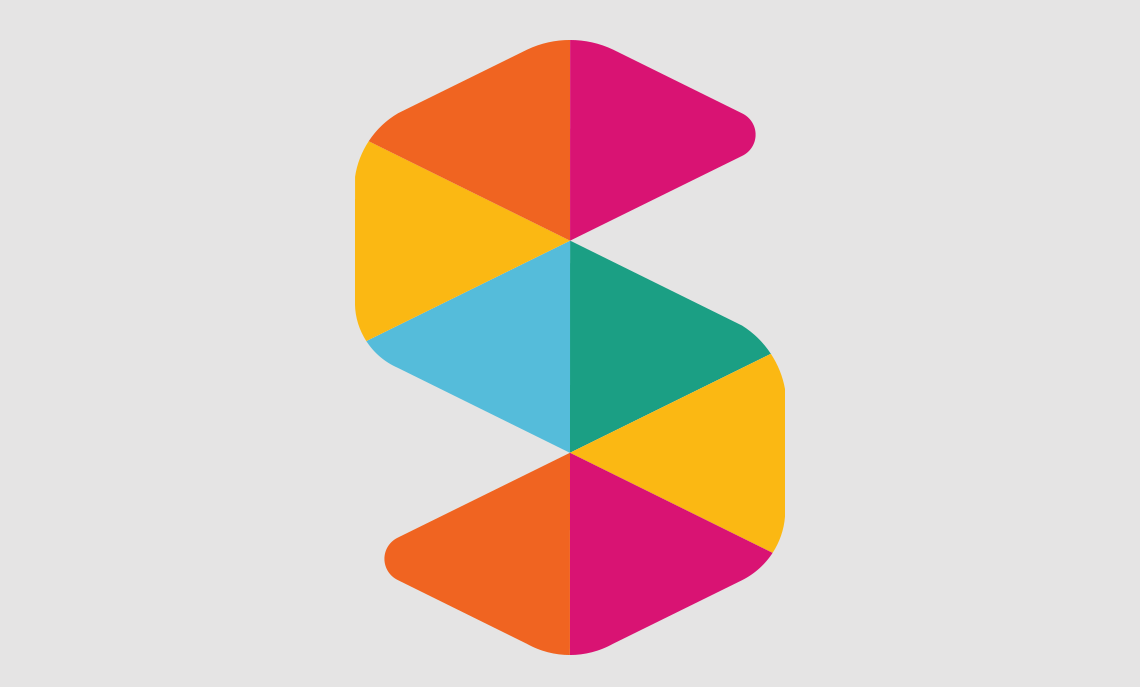What Is Programming?
Programming is the process of designing, writing, testing, and maintaining computer programs. It involves creating instructions, also known as code, telling a computer what to do. Programmers use programming languages, such as C#, Rust, Java, Python, C++, and JavaScript, to write code the computer can understand and execute.
Programming is used to create software that can perform various tasks, from simple operations like adding two numbers to more complex applications like managing a database. The programming process involves breaking down a problem into smaller, more manageable parts and creating a step-by-step solution to solve it. Programmers must have a deep understanding of their programming language and knowledge of algorithms and data structures to make efficient and effective solutions.
In today's society, programming is valuable in all industries and fields. As a result, programmers are in high demand, and job prospects are excellent. In addition, learning programming can provide individuals with a unique perspective on problem-solving and help them develop transferable skills to other areas of life.
Programming (designing, writing, testing, and maintaining software) has become an essential skill in today's world. With the increasing reliance on technology, the demand for skilled programmers is also rising.
This blog will explore the programming world and its importance in today's society.
Firstly, programming allows individuals to create software that solves problems, automates tasks, and improves efficiency. For example, a programmer can create a program that automates the data entry process, saving a company countless hours of manual work and eliminating those costly data entry errors. Moreover, programmers can create software that helps doctors diagnose diseases, improves traffic management, and enhances online security.
Programming is also valuable for those seeking employment in the technology industry, as the demand for programmers is high, and job prospects are excellent.
Programmers are needed in various fields, from web development to cybersecurity and artificial intelligence to cloud and mobile app development. Furthermore, programming skills are transferable across various industries, making it an excellent skill in today's economy. Learning programming also provides a unique perspective on problem-solving.
Programmers learn to break down complex problems into smaller, more manageable parts, allowing them to develop solutions systematically. This way of thinking can help individuals in all areas of life, from organising a household to running a business.
Programming is a vast field with many different languages and technologies. Some popular programming languages include C#, Rust, Java, Python, C++, and JavaScript. Each language has its strengths and weaknesses, and the choice of programming language depends on the project's requirements. Individuals can take online courses, read books, or attend in-person classes to start learning programming. Many online resources, such as Codecademy and Udemy offer free or paid courses that teach programming basics. Furthermore, there are many communities, such as StackOverflow and GitHub, where programmers can ask for help and collaborate on projects.
What Are Programming Languages?
Programming languages are formal languages that are used to write computer programs. They are designed to communicate instructions to a computer and are used by programmers to create software applications, websites, and other computer programs.
Programming languages are classified into two main categories: high-level and low-level. High-level languages are designed to be easier for humans to understand and use. In contrast, low-level languages are closer to how the computer works and are more difficult for humans to read and write.
Some popular high-level programming languages include C#, JavaScript and PHP. These languages are often used to create complex software applications, websites, and mobile apps. In addition, they offer a range of features and tools to make programming more accessible and efficient.
Low-level programming languages include assembly language and machine language. These languages are closer to the binary code which computers work at, making them more difficult for humans to read and write. They are typically used for low-level programming tasks, such as writing device drivers and operating systems components.
Programming languages constantly evolve, with new languages and updates to existing ones being continuously released. The choice of programming language depends on the project's requirements and the programmer's expertise. Different programming languages have different strengths and weaknesses, and the choice of language can affect the performance, scalability, and maintainability of the software application being developed.
Take a look at the languages StyleTech work in.
What Are The Differences Between Coding And Programming?
"Coding" and "Programming" are often used interchangeably but have subtle differences.
Coding refers to writing code or creating a program using a programming language. It involves translating the solution to a problem, into a language that a computer can understand and execute. Coding is a part of the programming process but is not the same as programming as a whole.
On the other hand, programming is a broader term that refers to the entire process of creating software applications or programs. It includes designing, writing, testing, and maintaining the software. Programming requires a deep understanding of programming languages, algorithms, and data structures to create efficient and effective solutions to problems.
In essence, coding is a part of programming. It involves writing the actual code that is used to create a program. Programming is the process of creating the program as a whole, which includes coding and other stages of development, such as testing.
In summary, coding is the act of writing code, while programming is the process of creating software applications or programs, including coding as one of its components.
What Are The Benefits Of Programming?
Programming offers many benefits, both personal and professional. Here are some of the many benefits of programming:
- Problem-solving skills: Programming requires logical thinking, attention to detail, and a systematic approach to problem-solving. These skills can be applied to many other areas of life, including personal and professional situations.
- Career opportunities: The demand for programmers is high, and the job market is expected to grow in the coming years. Learning programming can open up many career opportunities in all industries.
- Creativity: Programming allows for creativity and innovation. Programmers can create their own software applications or games, providing an outlet for their creativity and imagination.
- Automation: Programming can automate tasks and processes, making them faster and more efficient. This can save time and reduce the risk of errors, allowing businesses to focus on other essential tasks.
- Flexibility: Programming can be done anywhere with a computer (and an internet connection), making it a flexible and portable career option.
- Personal projects: Programming skills can be used to create unique projects, such as websites, mobile apps, and games. This can be a fun and rewarding hobby that allows for self-expression and learning.
- Learning opportunities: Programming constantly evolves, with new ideas and language concepts being continuously added. Learning programming can provide a lifelong learning opportunity, keeping programmers engaged and challenged throughout their careers.
In conclusion, programming is an essential skill in today's society. It allows individuals to create solutions to problems, automates tasks, and improve efficiency. Moreover, programming is a valuable skill in the technology industry and provides a unique perspective on problem-solving. With abundant resources available, anyone can learn programming and enjoy its benefits.



















